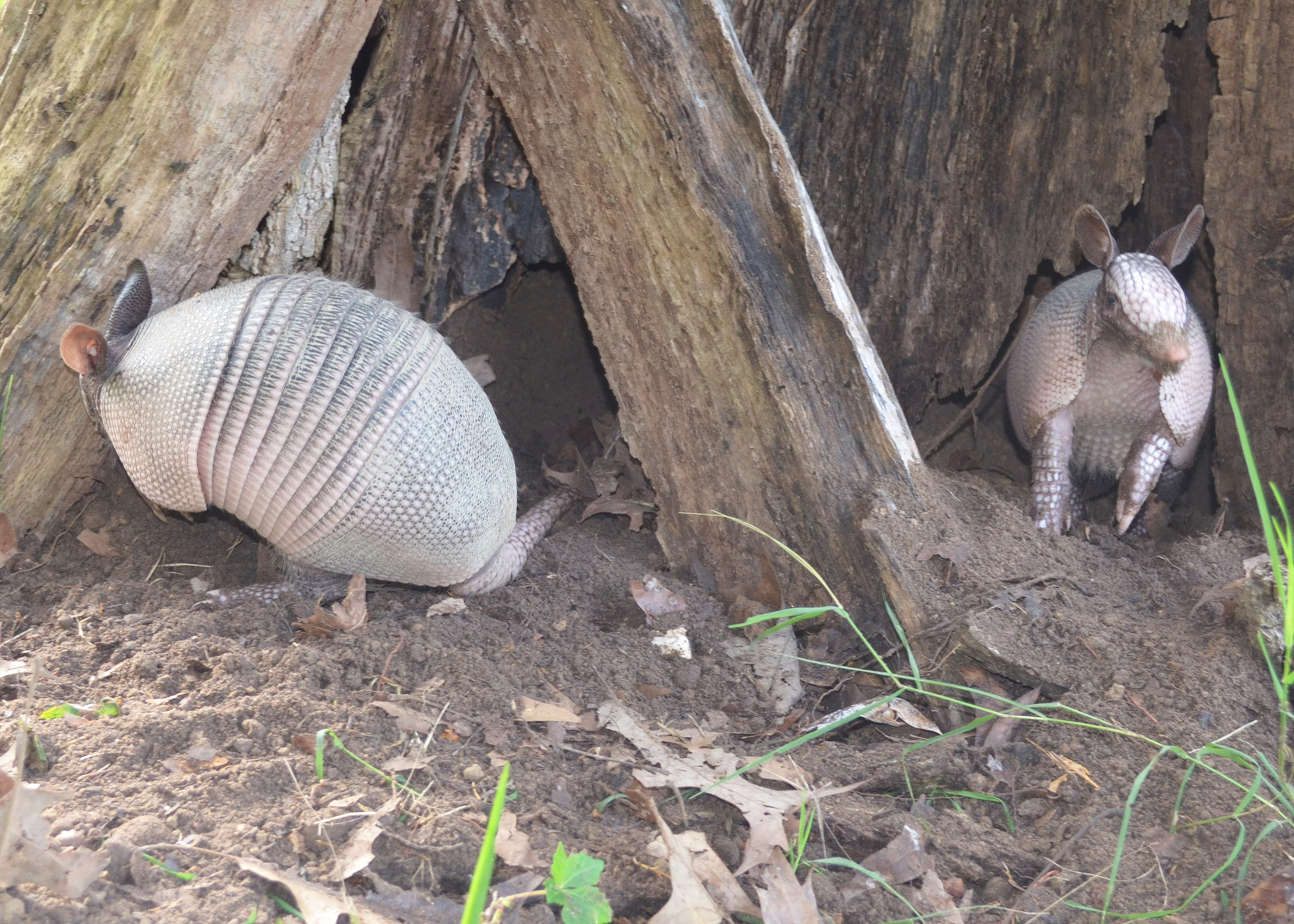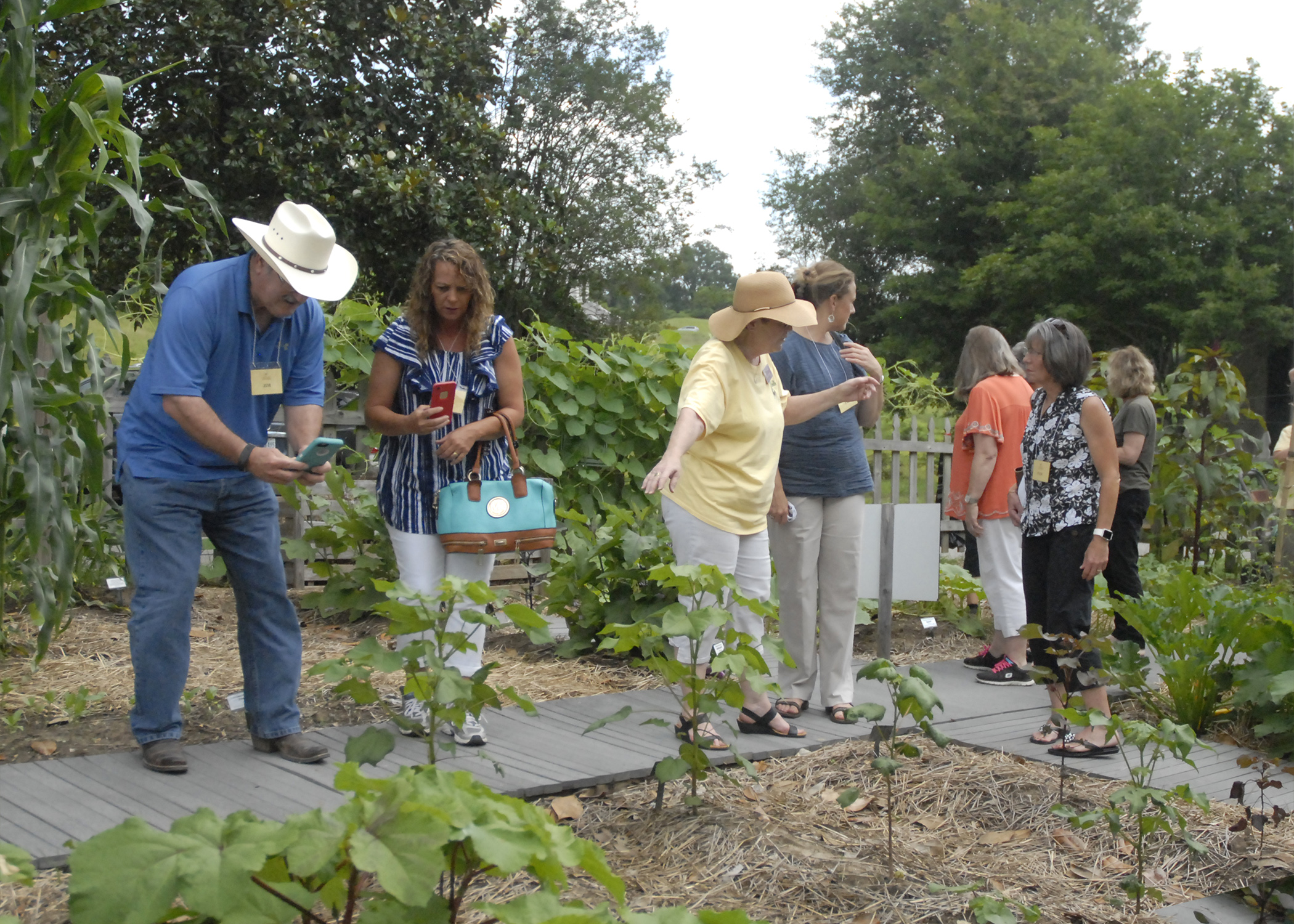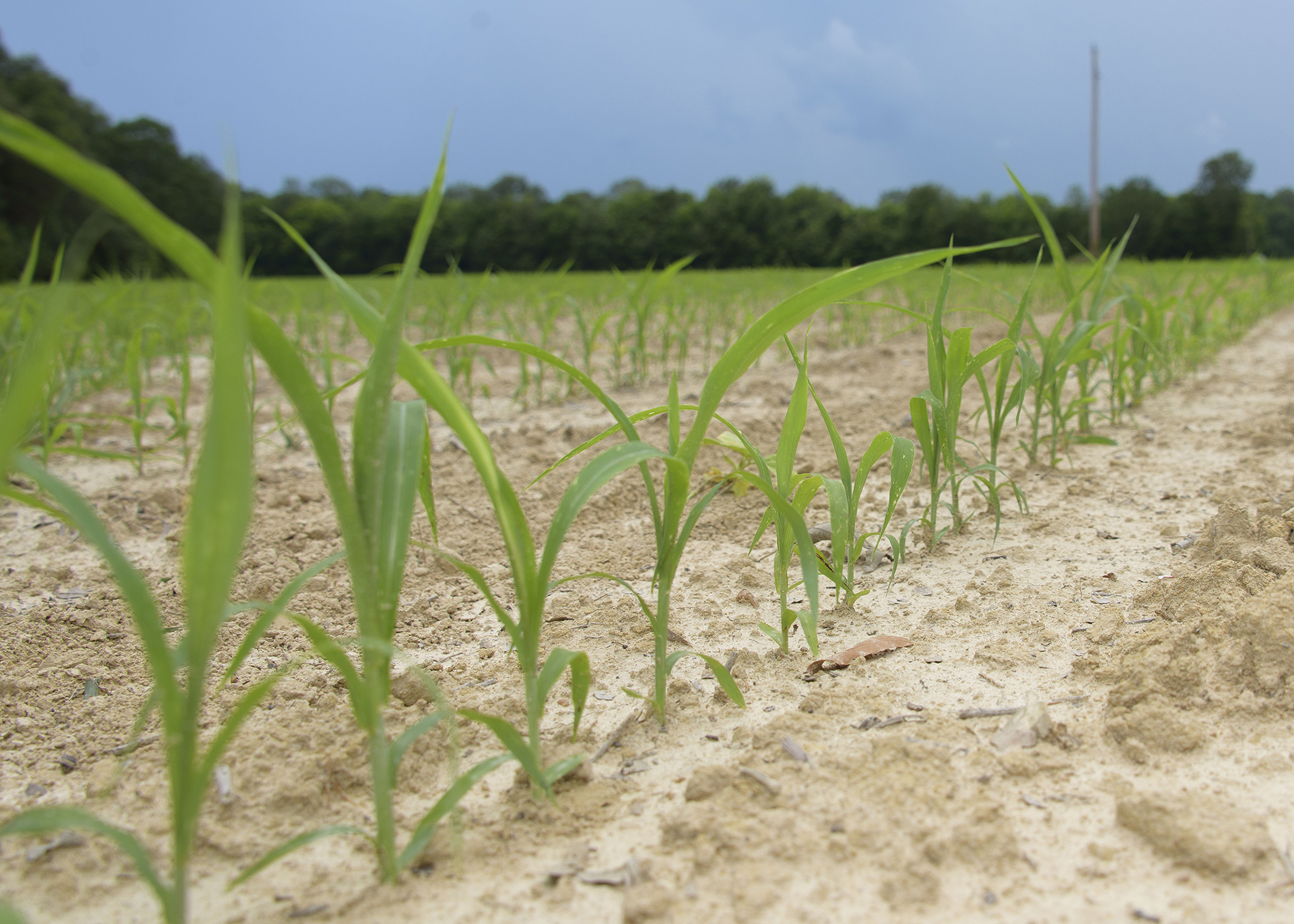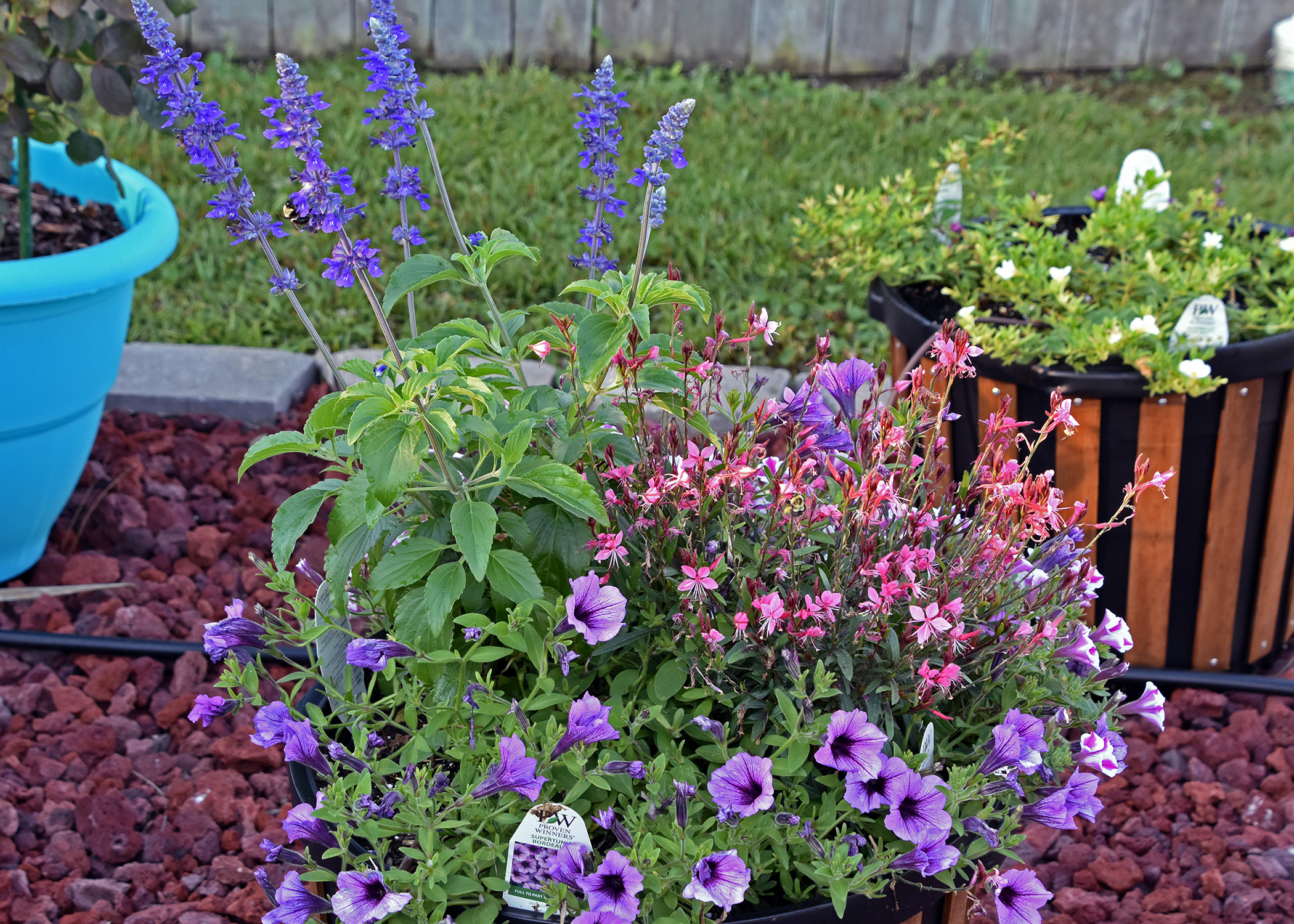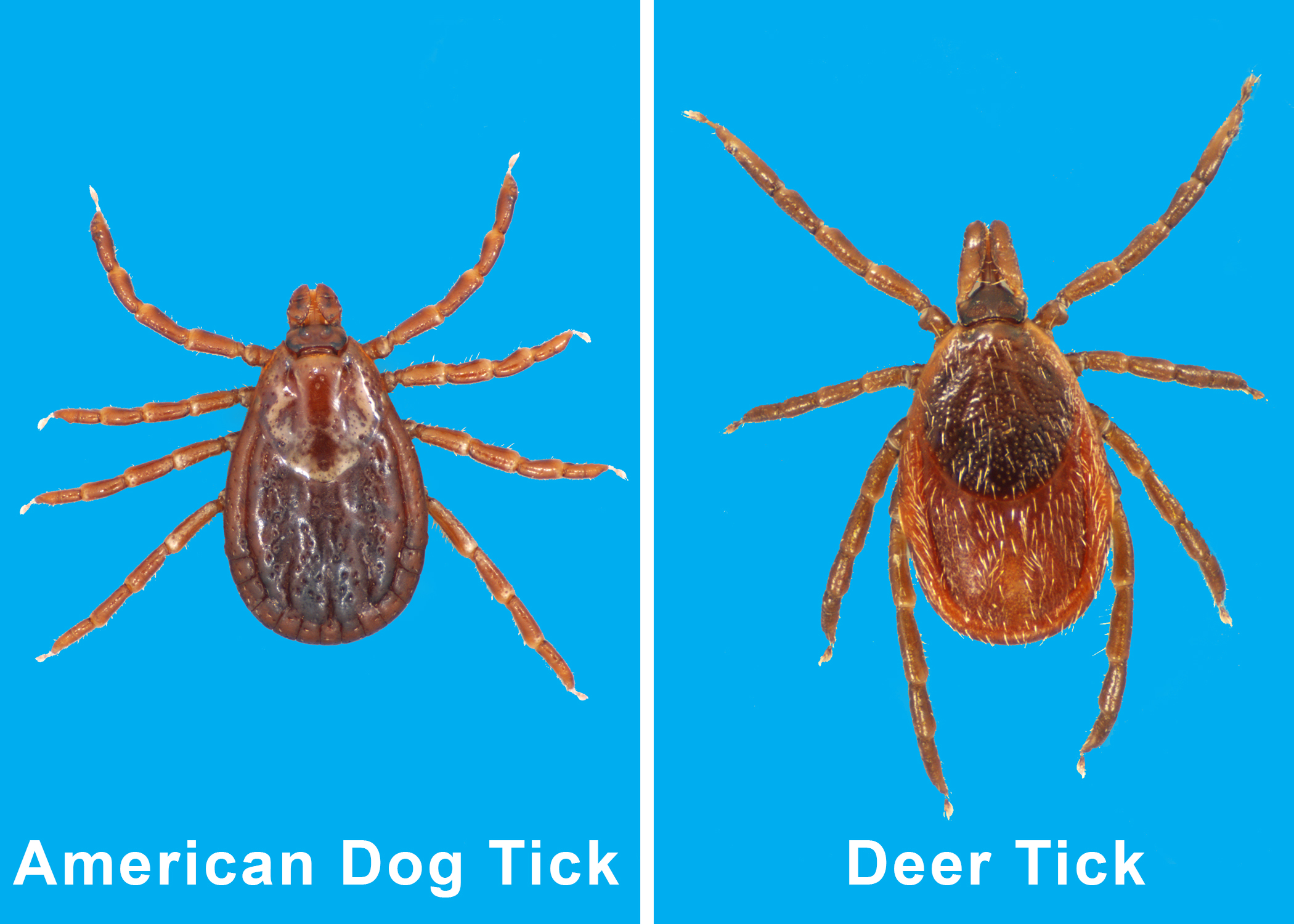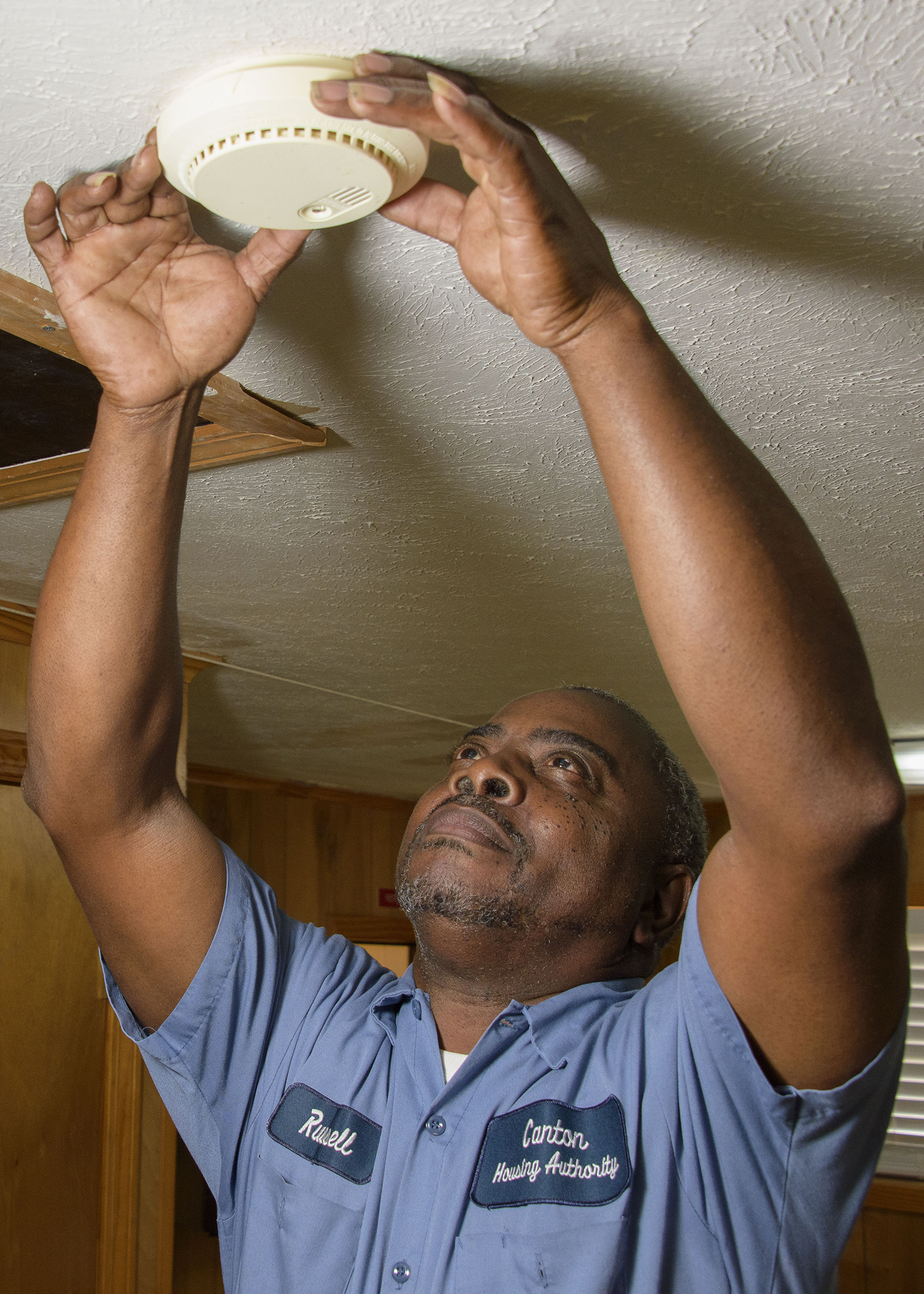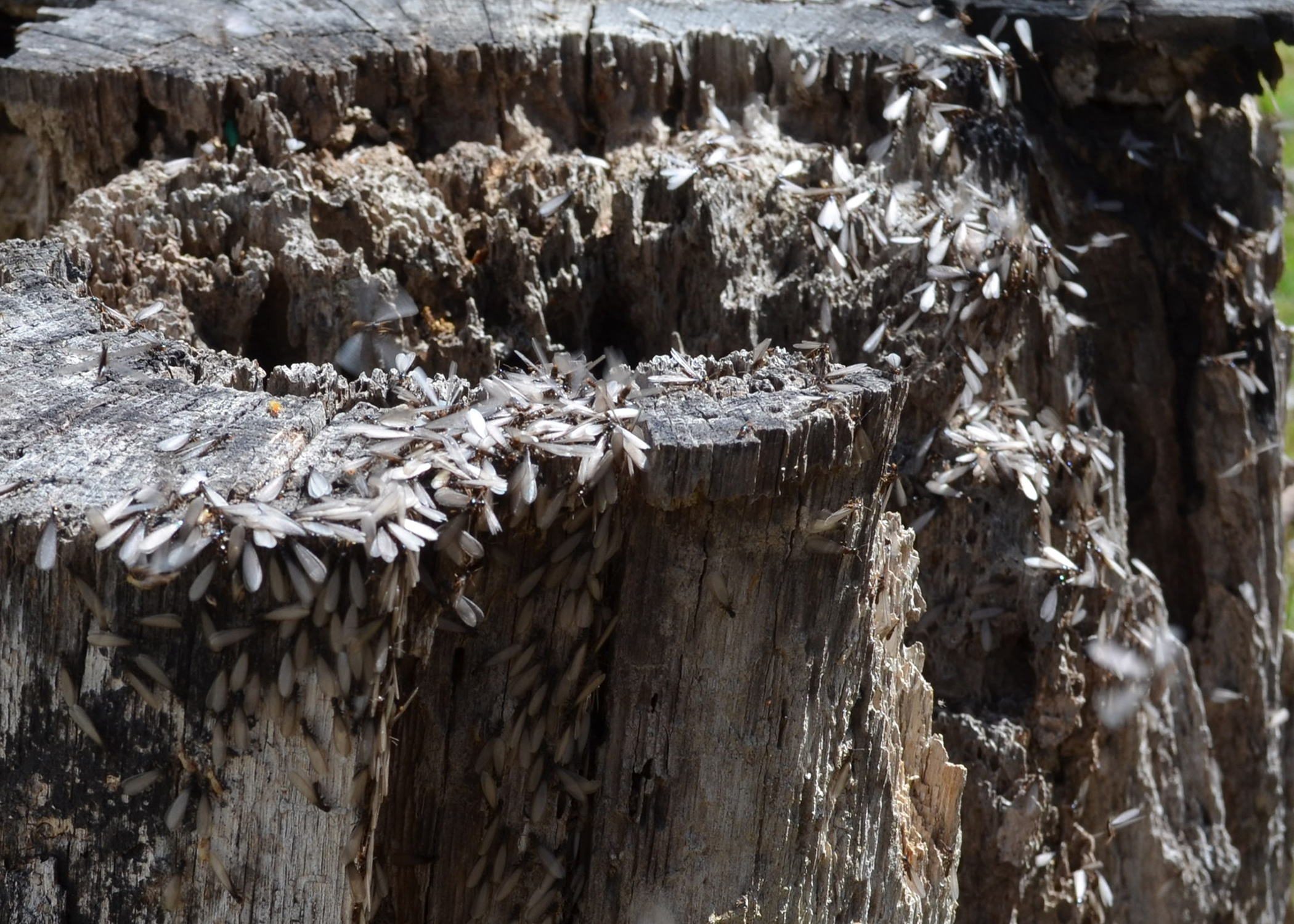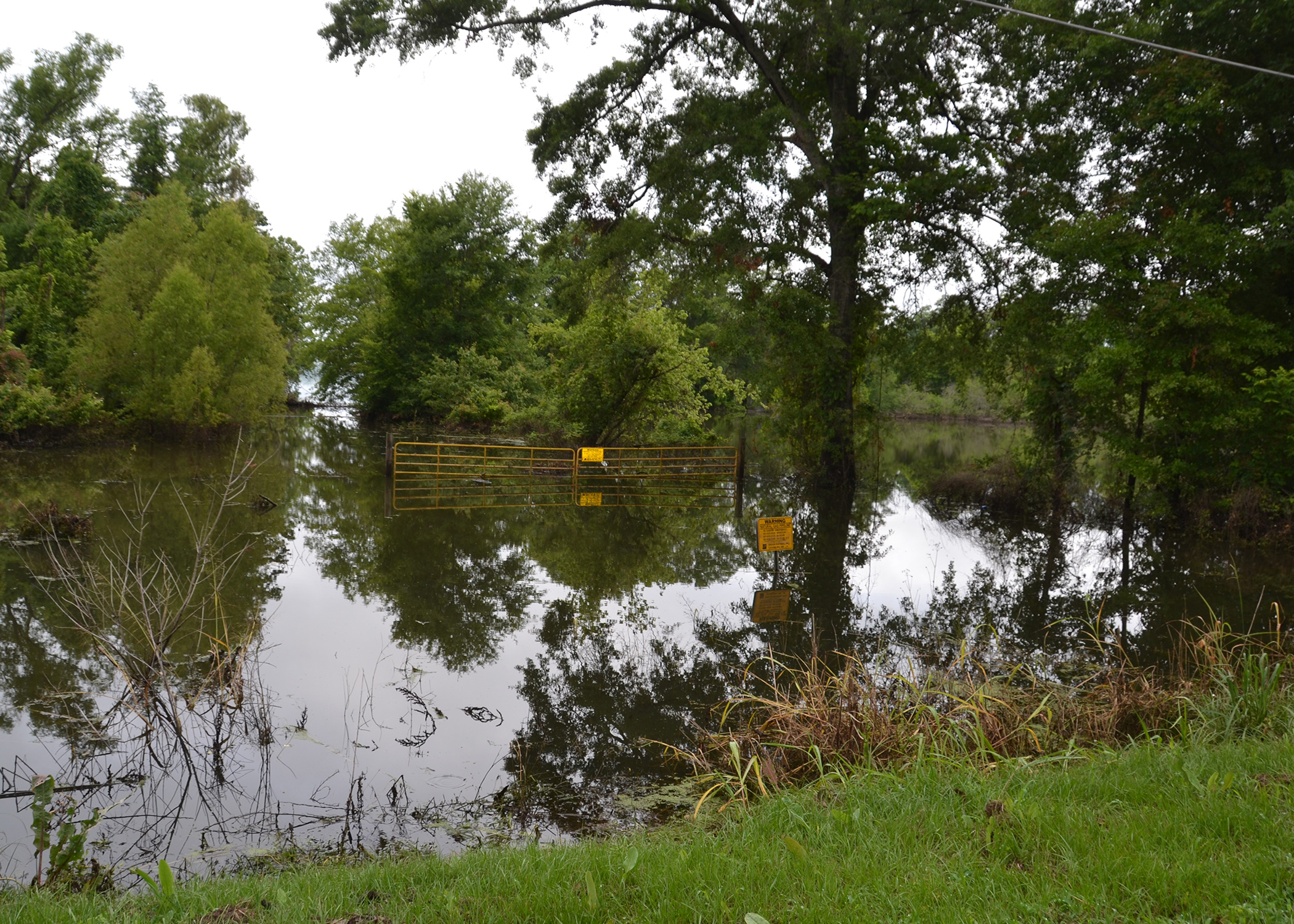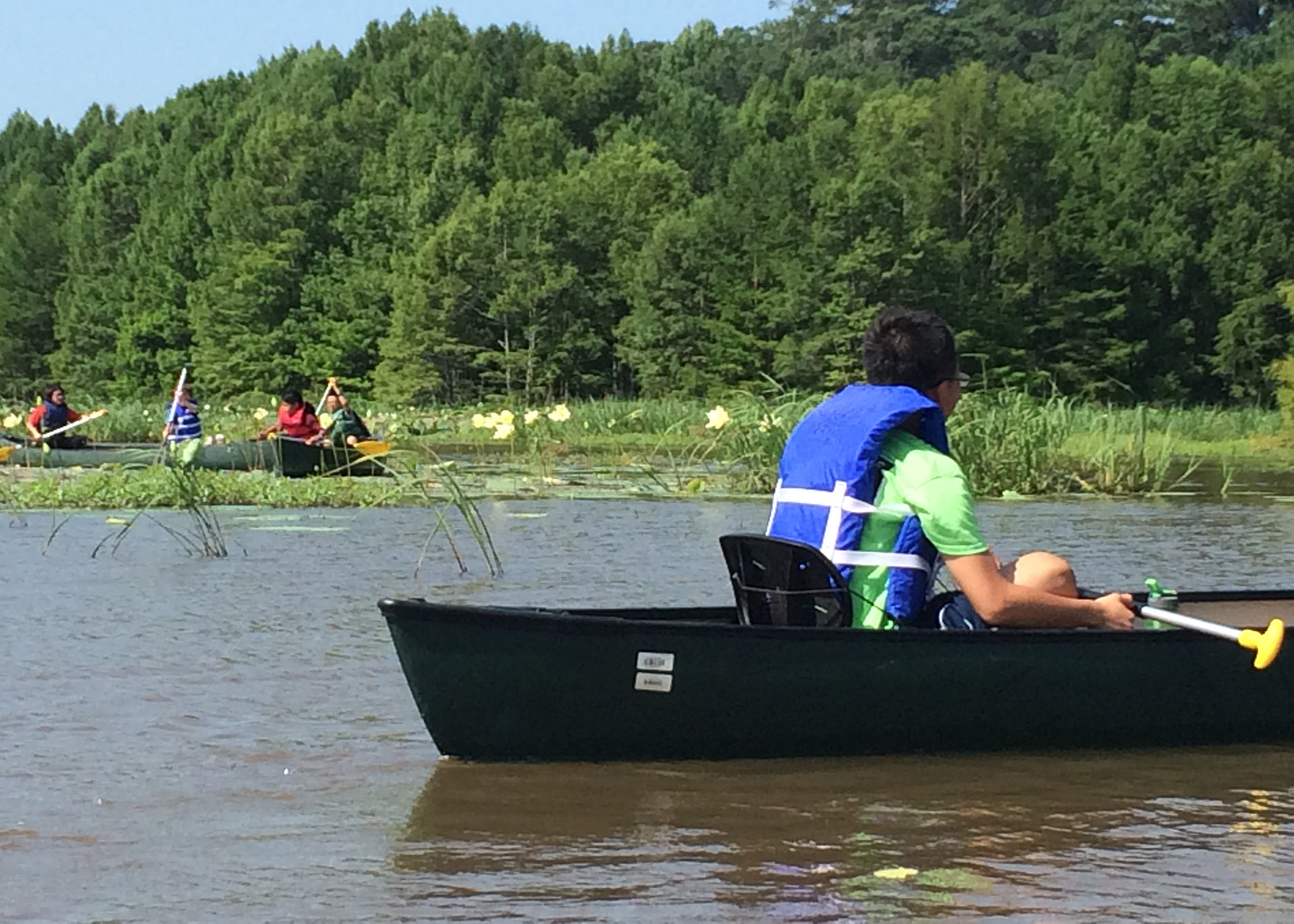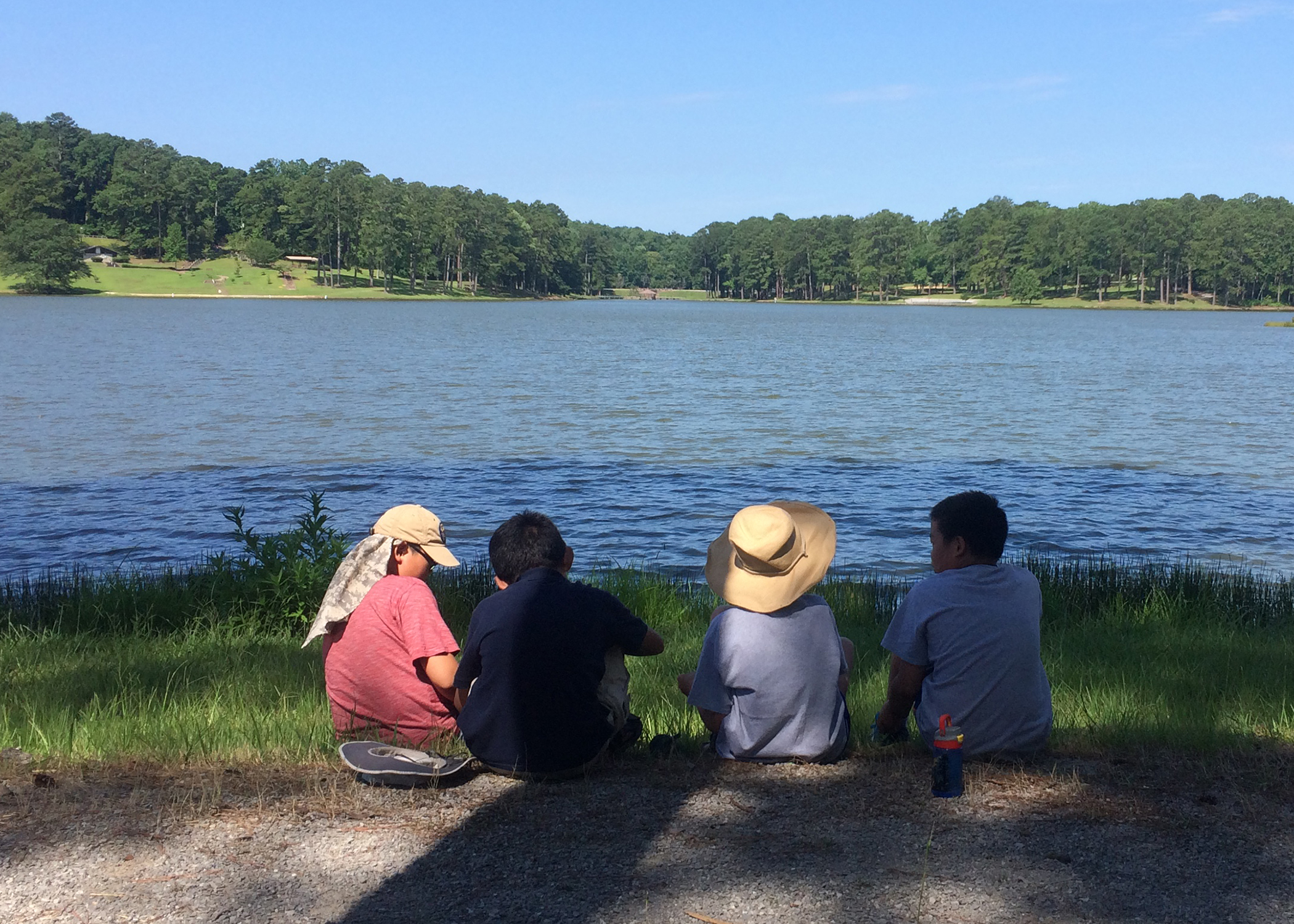STARKVILLE, Miss. -- Whether summer gardens are for beauty or food, this time of year is sure to bring wildlife into close contact with people's property.
Many gardens provide healthy and nutritious food for local critters such as armadillos, raccoons, white-tailed deer, eastern cottontail rabbits and a wide variety of insects. Gardens are usually easy for wildlife to access and offer an inviting buffet with such easy pickings concentrated in one area. All that time and labor you spent during the spring should not be tossed out due to these garden pests.
VICKSBURG, Miss. -- Mississippians from a wide variety of backgrounds spent a day thinking of new ways to use landscapes and gardens to bring more profit and better value to agricultural enterprises and historic homes.
Know Your Roots: Build Your Business brought 29 participants together for the daylong workshop June 13 at the Southern Cultural Heritage Center. Sandy Havard, Warren County agent with the Mississippi State University Extension Service, coordinated the event.
STARKVILLE, Miss. -- Insect pressure and a stagnant market are pushing Mississippi growers away from planting grain sorghum.
Compared with 2015, when the state had 120,000 acres of sorghum, producers harvested only about 11,000 acres of the crop in 2016. The U.S. Department of Agriculture forecasted they would plant only 10,000 acres this year. If that prediction holds, 2017 will mark an 88-year low for sorghum production.
Once we get into the summer months, it can be hard to plant and be successful with in-ground landscape beds. But I've found that putting together container plantings gives me a way to add variety to my garden and landscape, even when it's really hot.
Once you start gardening in containers, you’ll find it's never too late in the season to try something new. You may even join me in doing most of your gardening in containers all year.
But let's just start with one container and see how it goes.
STARKVILLE, Miss. -- While hunting, working in the yard or garden, taking early morning walks or hikes, or just cruising around the property on all-terrain vehicles, people are likely to pick up ticks in some fashion.
Ticks are typically found in areas of dense vegetation and along game or human trails. Contrary to popular belief, they do not typically live in trees.
By Jessica Smith
MSU Extension Service
STARKVILLE, Miss. -- The Mississippi State University Extension Service is celebrating National Healthy Homes Month by equipping Mississippians with knowledge to solve housing challenges.
The month-long celebration, coordinated by MSU Extension's Healthy Homes Initiative, provides opportunities to engage in local activities and empowers families to protect themselves from hazards in their homes.
STARKVILLE, Miss. -- The Mississippi State University Extension Service judged that the most economically important insects in the state should have their own website.
The site, https://extension.msstate.edu/termites, is the go-to place for information on termite biology, identification and control. The site describes the different species of termites found in the state and provides answers to common questions about the pests.
RAYMOND, Miss. -- Although favorable spring weather helped many producers plant their corn, cotton and soybean crops early, most growers now need fields to dry out.
Well-timed early spring rains helped corn producers avoid irrigating their crops, but flooding from recent excess rain will force some to think about replanting with soybeans.
STARKVILLE, Miss. -- As a child, some of my favorite times were spent outdoors. Sadly, spending time outside is no longer the norm for many people.
STARKVILLE, Miss. -- June kicks off hurricane season, but every community in Mississippi is vulnerable to a variety of disasters throughout the calendar year.
Representatives of the Mississippi State University Extension Service have been on the front lines of preparedness and recovery efforts since the organization’s earliest days.

